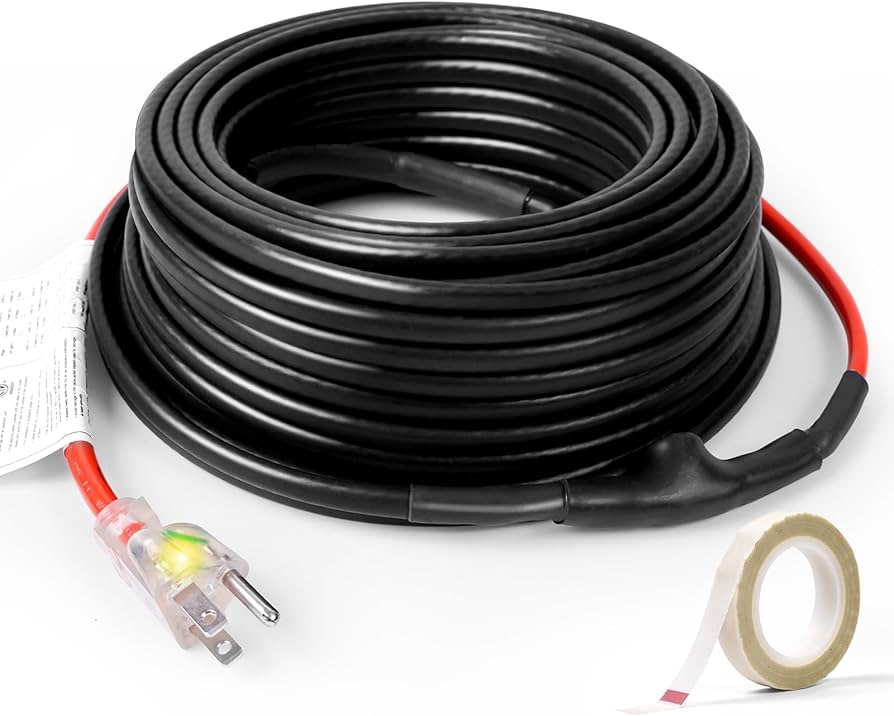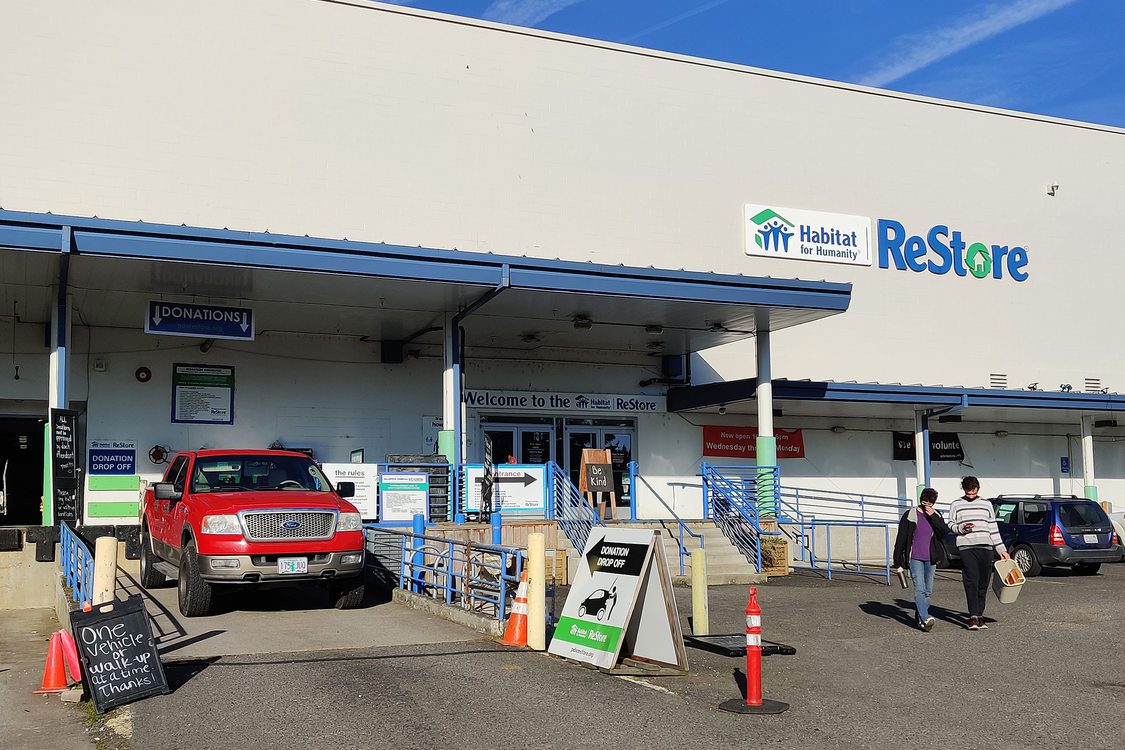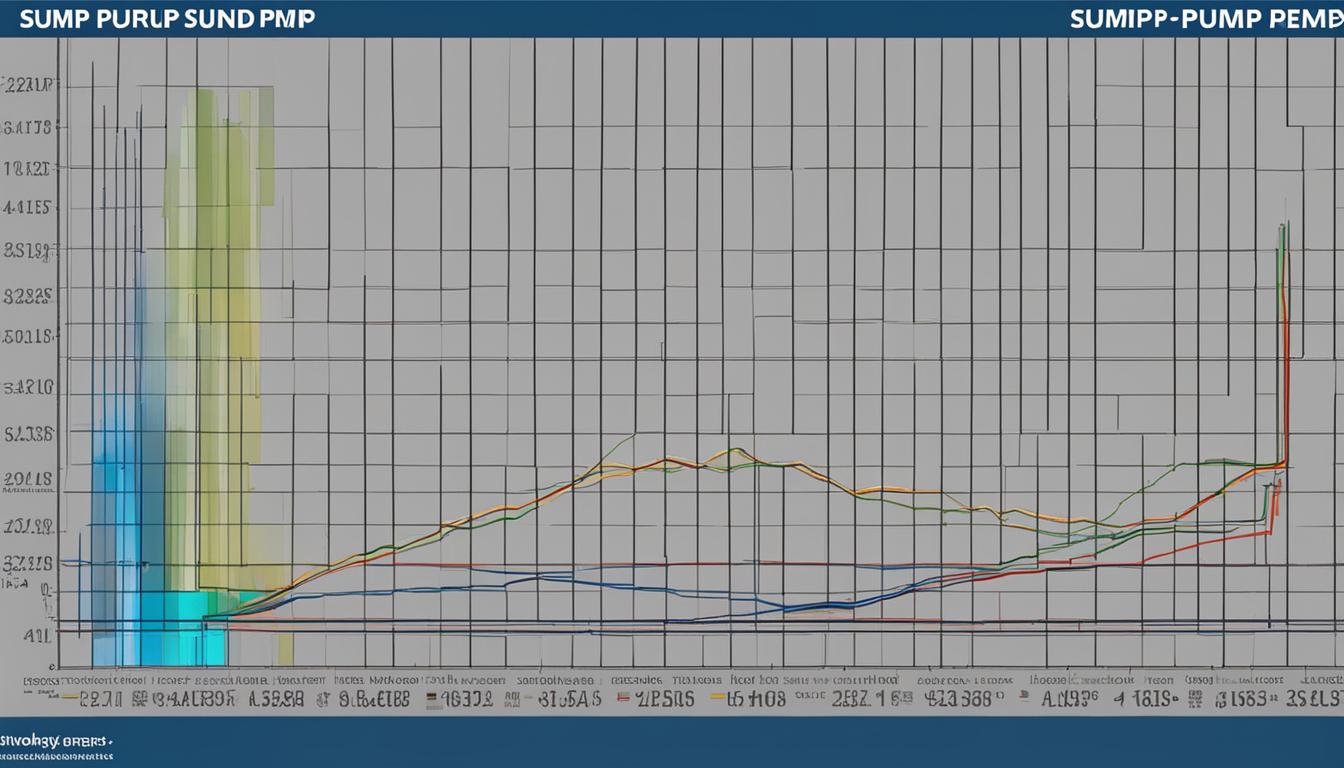Septic lines can freeze in cold weather conditions, potentially causing blockages and damage to the system. Freezing temperatures can have a significant impact on the functionality of septic lines, leading to potential problems and costly repairs.
When the temperature drops below freezing, the water within the septic lines can freeze, resulting in blockages and restricted flow. This occurrence is particularly common during harsh winter conditions. Once frozen, the septic lines can become clogged, preventing the wastewater from properly flowing through the system.
This can lead to backups, sewage leaks, and other unpleasant consequences. To prevent this from happening, it is crucial to take preventive measures to protect the septic lines during cold weather periods. We will explore the causes and consequences of frozen septic lines, as well as effective methods to prevent them.
Understanding The Risk Of Freezing For Septic Lines
- Prolonged periods of below-freezing temperatures
- Insufficient insulation around septic tanks and pipes
- Shallow placement of septic lines
- Inadequate heat source near septic components
- Compromised septic system maintenance
- Blockages in the septic system
- Backups and overflows in toilets and drains
- Potential damage to septic tank and pipes
- Contamination of surrounding soil and groundwater
- Expensive repairs and replacements
- Slow drainage or complete inability to flush toilets
- Gurgling sounds from drains
- Unpleasant odors from plumbing fixtures
- Standing water or wet areas near the septic system
- Backups in sinks, showers, or tubs

Credit: www.thisoldhouse.com
Prevention Tips For Avoiding Frozen Septic Lines
Proper insulation and covering for septic lines are essential for preventing frozen lines during cold winter months. Insulating the septic lines helps to keep the temperature stable and prevent freezing. Adding insulation material such as foam sleeves or insulation blankets around the pipes can provide an extra layer of protection. It is also crucial to cover the septic tank properly to prevent exposure to extreme cold temperatures. Maintaining a consistent temperature in the septic system area is also important for preventing freezing. Using heat sources such as heat tape or electric heat cables can be effective in keeping the septic lines warm. It is important to follow the manufacturer’s instructions for installing and using these heat sources correctly. Regularly monitoring the temperature in the septic system area and taking preventive measures can help avoid frozen septic lines and costly repairs.
Winter Maintenance Practices For Septic Systems
Regular inspection and maintenance of septic tanks and pipes is crucial for winter maintenance practices for septic systems. During the winter, septic lines can freeze if not properly maintained. It is important to ensure proper drainage and water flow in the system to prevent freezing. This can be done by regularly checking and clearing any blockages or clogs in the septic pipes. Additionally, maintaining appropriate levels of bacteria and enzymes in the septic system is essential for optimal functioning. These microorganisms help break down the waste and prevent clogging, reducing the risk of freezing. Regularly adding septic system treatments that contain beneficial bacteria and enzymes can help maintain these levels. By following these winter maintenance practices, you can prevent septic lines from freezing and ensure the proper functioning of your septic system.
Frequently Asked Questions For Can Septic Lines Freeze
How Do I Keep My Septic Lines From Freezing?
To prevent septic lines from freezing, use these tips: 1. Insulate the pipes using foam or heating cables. 2. Keep the septic tank lid securely closed to retain heat. 3. Avoid placing heavy objects on top of the pipes. 4. Let warm water drip from faucets during freezing temperatures.
5. Maintain regular pumping and inspection to prevent any blockages.
Can Septic Field Lines Freeze?
Yes, septic field lines can freeze in cold temperatures. This can be a common issue during winter. It is important to take steps to prevent freezing, such as insulating the lines or using heat tape. Maintenance and regular monitoring can help avoid freezing and costly repairs.
Do Septic Fields Freeze In Winter?
Septic fields can freeze in winter due to the low temperatures. Cold weather can cause the liquids inside the septic system to freeze, potentially leading to blockages and backups. It is important to take preventive measures, such as insulating the septic tank and avoiding excessive water usage, to minimize the risk of freezing.
How Can You Tell If Your Septic Is Frozen?
You can determine if your septic is frozen by observing slow drains, gurgling sounds, foul odors, backed-up toilets, or sewage in the yard.
Conclusion
Freezing septic lines can become a significant issue during the winter months. Homeowners should take preventive measures to avoid expensive repairs and avoid inconveniences like clogged toilets and sewage backups. Regular maintenance and properly insulating septic lines are some of the effective ways to prevent freezing.
By understanding the causes and implementing preventive measures, homeowners can ensure the smooth operation of their septic systems all year round.





